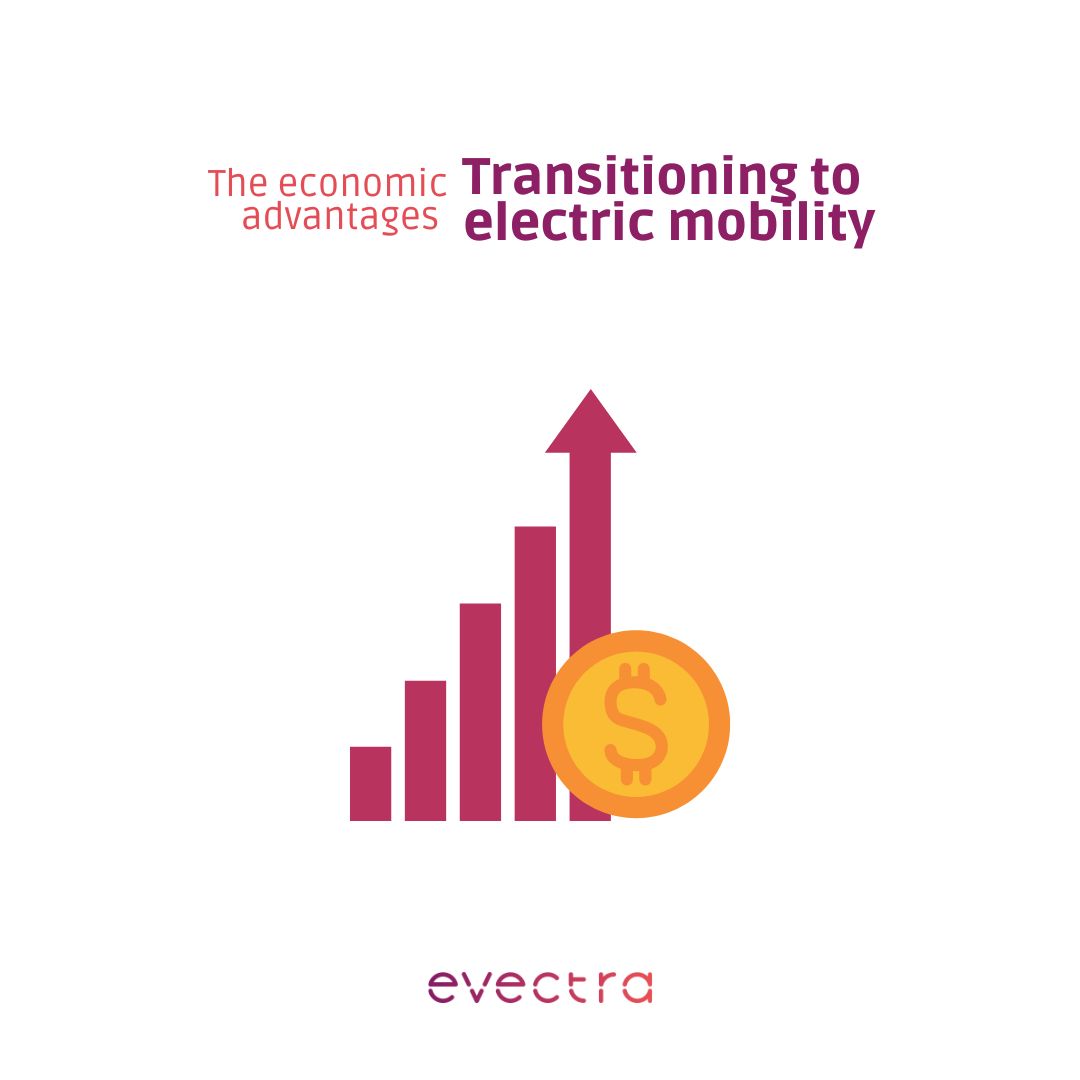The transition to electromobility is not only environmentally beneficial, but also offers significant economic advantages. As electric vehicles become more affordable and charging infrastructure develops, both individuals and businesses can enjoy long-term savings in fuel, maintenance and operating costs. In this article, we will explore the economic advantages of transitioning to electric mobility and how this can contribute to a more sustainable and profitable future.
Reduced fuel costs
One of the major economic advantages of the transition to electromobility is the significant reduction in fuel costs. Electric vehicles use electricity instead of fossil fuels, which generally results in a lower cost per mile travelled. In addition, electricity prices tend to be more stable and predictable compared to fossil fuel prices, giving electric vehicle owners greater certainty in their long-term fuel costs.
Lower maintenance and operating costs
Electric vehicles have fewer mechanical components compared to internal combustion vehicles, which translates into lower maintenance costs. Electric motors have fewer moving parts and do not require regular oil changes and adjustments, reducing the need for frequent visits to the workshop. In addition, the regenerative brakes used in electric vehicles help extend the life of brake pads, further reducing maintenance costs. Overall, electric vehicle owners can expect significant savings in operating costs over time.
Tax incentives and benefits
Many governments and agencies offer tax incentives and benefits to promote the adoption of electric vehicles. These incentives may include purchase rebates, tax exemptions, subsidies for the installation of charging stations, and reduced or free parking fees. Taking advantage of these incentives can help reduce the initial cost of purchasing an electric vehicle and make it more economically attractive.
Resale value and durability
As demand for electric vehicles continues to increase, their resale value is expected to remain high compared to internal combustion vehicles. This means that EV owners can expect a better return on investment when it comes time to sell or trade in their vehicle. In addition, electric vehicles tend to have a longer lifespan due to the simplicity of their motorisation and the durability of modern batteries, which also contributes to a better long-term value.
Positive impact on the local economy
The transition to electric mobility also has a positive economic impact on local communities. As more people and businesses adopt electric vehicles, jobs are generated in the manufacturing, installation and maintenance of the charging infrastructure. In addition, the use of electricity to fuel vehicles also stimulates demand for local renewable energy, driving investment in clean energy projects and creating more employment opportunities in the renewable energy sector.
In conclusion, electric mobility offers significant economic advantages, both for electric vehicle owners and for the economy at large. Fuel cost savings, lower maintenance and tax benefits are just some of the advantages that make electric mobility an economically attractive option. In addition, the transition to electric mobility can boost local economic growth and encourage investment in renewable energy.
At EVECTRA, we are committed to helping companies adopt this technology and maximise their benefits. We offer comprehensive solutions for electric mobility, we advise and accompany your company in its evolution to decarbonization, helping to reduce operating costs and increasing the competitiveness of your company. Join Green Mobility, we help you!

